April 9, 2020
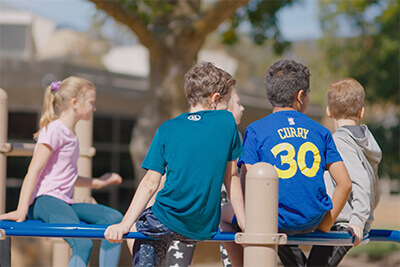 by Dr. Bill Hudson, Head of School
by Dr. Bill Hudson, Head of School
There has been a song running through my mind over the last several weeks as we’ve banded together as a school, nation, and world, to battle COVID-19. It comes from a time-honored and critically acclaimed movie, “High School Musical.” “We’re All in this Together” is one of those catchy, syrupy songs that once you hear it, it’s hard to get out of your head. However, deep down, there is an important message. So much so that I adjusted the lyrics a bit and recorded my own version of the song to inspire (horrify, with my tone-deaf singing) our faculty and staff.
The simple truth is that we are in this together, and it is through community that we will emerge successfully, and stronger, on the other side of this crisis. Expressions of community and the affinity members of the MPA community feel for one another abound these days. As a community, we’ve come together to provide stability and continuity for our students. Parents have come together as well, through formal and informal channels, to support, counsel, and learn from one another.
In less than a week, we have an opportunity to come together as a community to celebrate our shared values and aspirations. Our annual Spring Auction was to take place on the top floor of a warehouse in Lowertown St. Paul overlooking the lights of the city. While that will not be possible, we will still come together, virtually, to celebrate the best of MPA. Through Zoom, we have the opportunity to join with one another from our kitchens and dining rooms across the metro area and raise both our spirits and the necessary funds to support MPA. Read More
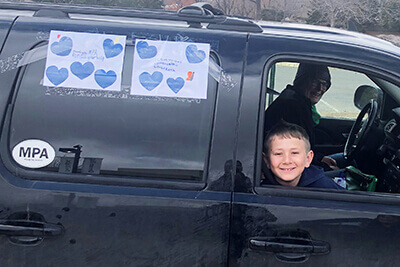 by Dr. Bill Hudson, Head of School
by Dr. Bill Hudson, Head of School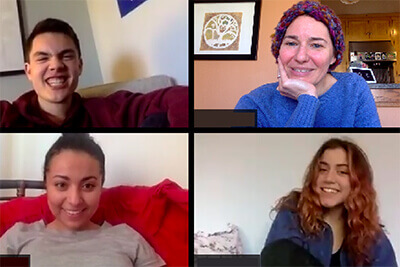 by Dr. Bill Hudson, head of school
by Dr. Bill Hudson, head of school by Mark Segal, Upper School director
by Mark Segal, Upper School director by Dr. Bill Hudson, Head of School
by Dr. Bill Hudson, Head of School by Dr. Bill Hudson, Head of School
by Dr. Bill Hudson, Head of School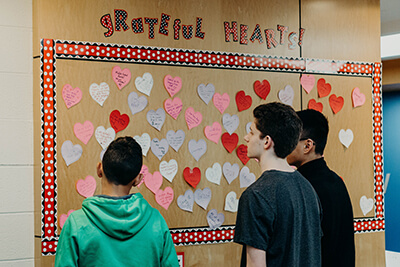 by Jenn Milam, Ph.D., Middle School director
by Jenn Milam, Ph.D., Middle School director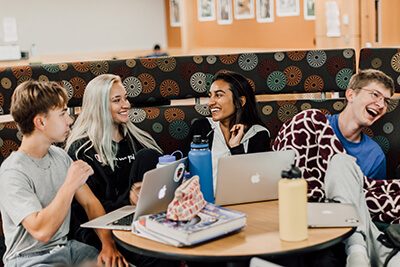 by Dr. Bill Hudson, Head of School
by Dr. Bill Hudson, Head of School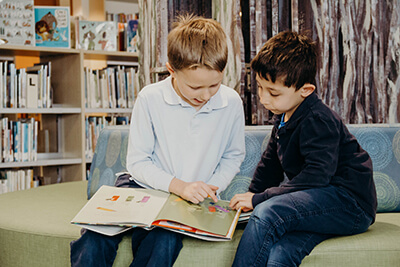 Joanne Olson, MPA’s first Lower School director, is fond of saying that MPA was born “of a dream and a shoestring.” What started as the dream of founders Bob Kriescher and Sandy Kriescher Smith, quickly became the dream of parents and educators from across the Twin Cities. Bob, Sandy, our founding teachers, board members, and parents pooled what resources they could muster to make their dream a reality on a shoestring budget that would have a lasting impact.
Joanne Olson, MPA’s first Lower School director, is fond of saying that MPA was born “of a dream and a shoestring.” What started as the dream of founders Bob Kriescher and Sandy Kriescher Smith, quickly became the dream of parents and educators from across the Twin Cities. Bob, Sandy, our founding teachers, board members, and parents pooled what resources they could muster to make their dream a reality on a shoestring budget that would have a lasting impact.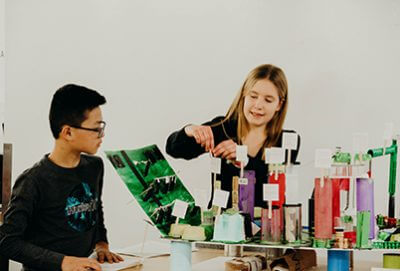 by Dr. Bill Hudson, Head of School
by Dr. Bill Hudson, Head of School